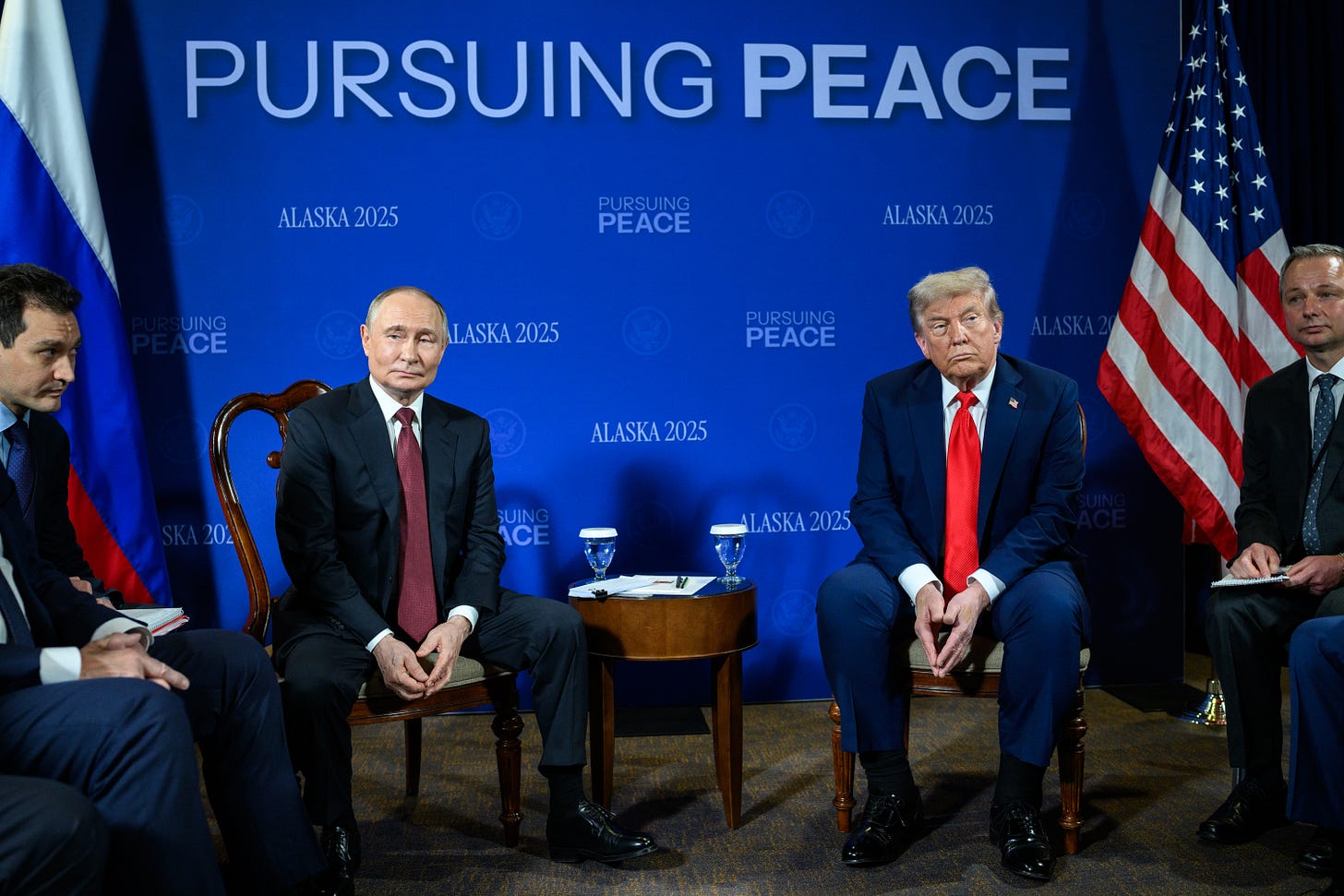The Alaska Summit: Trump fails. Putin struts. Ukrainians die.
The Alaska summit saw Trump fail to deliver peace, Putin gain prestige and time, and Ukraine sidelined as civilians endured bombardment.

👋Hey guys, Julien here. The French Dispatch is a reader-supported publication, and both our coverage of current affairs as well as…



